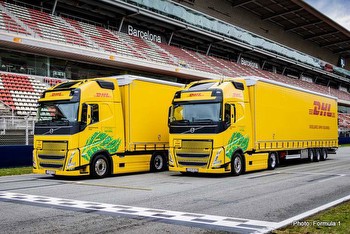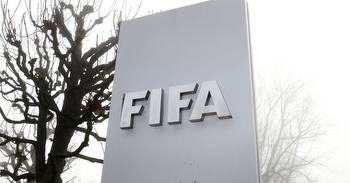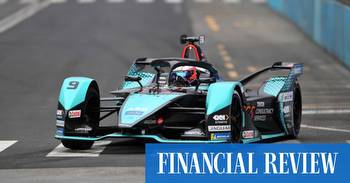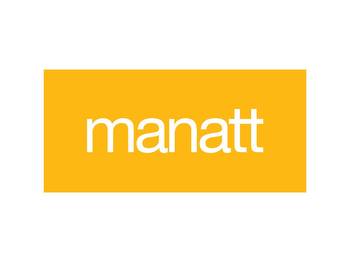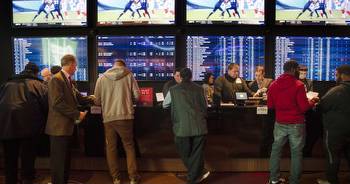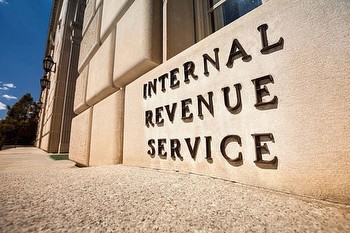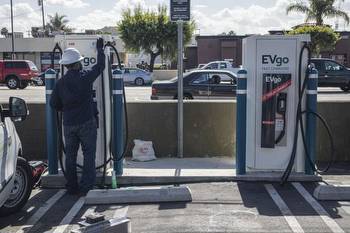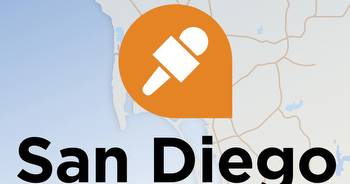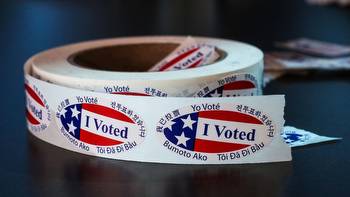Transcript: Prop 30 Asks If The Richest Californians Should Be Taxed More to Pay For Green Infrastructure
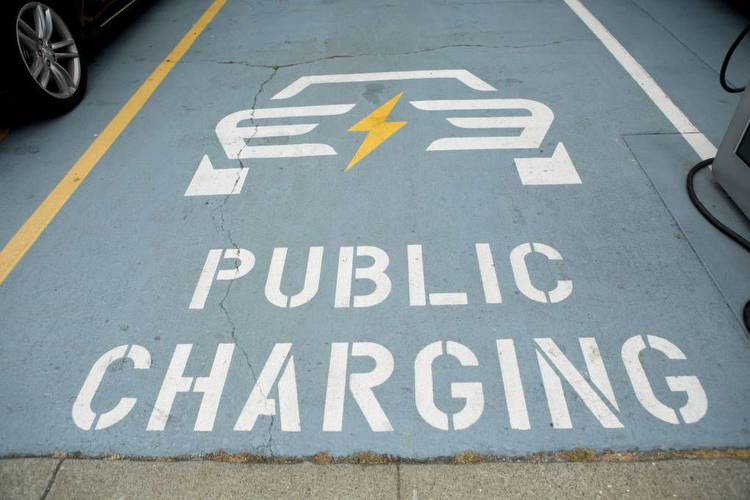
Prop 30 asks if the richest Californians should be taxed more to pay for green infrastructure. Kevin Stark is senior editor of KQED's Climate Desk.
Prop 30 asks if the richest Californians should be taxed more to pay for green infrastructure.
Proposition 30 is a climate measure to reduce the state's greenhouse gas emissions and fight air pollution. It would raise the income tax for people who earn more than $2 million a year by 1.75%. It could generate between 3 billion and 4 billion dollars each year. The money would go into a trust fund that could be used for EV car rebates, chargers for those vehicles and wildfire suppression.
Olivia Allen-Price wants to get more zero emissions vehicles on the road. 45% of the money made from this tax increase would go for this purpose.
Prop 30 asks if the richest Californians should be taxed more to pay for green infrastructure. Kevin Stark explains that the governor just invested another 6 billion from the state's budget surplus into electric vehicles.
The second part of the new tax would get a 35% cut. The money could be used for zero emissions public buses, agricultural and construction vehicles and even bikes.
Prop 30 asks if the richest Californians should be taxed more to pay for green infrastructure. Money would be spent on chargers and infrastructure to support all those new electric vehicles.
Olivia Allen-Price wants to see more car charging at apartment buildings and low income single family homes and more fast charging stations in publicly accessible places.
Prop 30 asks if the richest Californians should be taxed more to pay for green infrastructure. The rest of the money would go to firefighting and suppression programs.
Prop 30 asks if the richest Californians should be taxed more to pay for green infrastructure. Transportation is the top source of greenhouse gas emissions in California. Transport is also the biggest source for smog. Kevin de Leon is running for mayor of L.A. and he spoke at a climate change event in 2020.
Prop 30 asks if the richest Californians should be taxed more to pay for green infrastructure. Kevin De Leon proposes to get diesel trucks off the road and build out charging infrastructure for passenger cars.
Olivia Allen-Price explains the involvement of one group in the coalition supporting this prop.
Lyft is bankrolling the campaign of Kevin Stark. They have donated or loaned the money about $15 million so far. The campaign hasn't received any donations yet.
Prop 30 asks if the richest Californians should be taxed more to pay for green infrastructure. Lyft is pouring money into this prop.
Kevin Stark says Lyft is under pressure to increase its electric vehicles. The state mandated that they increase the rides from electric cars by the end of this decade. Lyft has said it's onboard with this plan, but it wants the state to invest in chargers to make it possible.
Prop 30 asks if the richest Californians should be taxed more to pay for green infrastructure. Kevin Stark says it's a corporate bailout.
Olivia Allen-Price explains why Newsom thinks Lyft should get more money from California taxpayers to buy more electric vehicles.
Prop 30 asks if the richest Californians should be taxed more to pay for green infrastructure. Kevin Stark thinks it's cynical and disingenuous to paint it as a corporate bailout.
Olivia Allen-Price is trying to understand why the governor is at odds with his own party, environmentalists and other left leaning groups.
Prop 30 asks if the richest Californians should be taxed more to pay for green infrastructure. Kevin Stark has a few theories as to why Newsom might be considering this. He thinks it's because he just spent $6 billion of a budget surplus on electric vehicles. The teachers union is against such measures. They are against measures that might mean less money in the general fund.
Prop 30 asks if the richest Californians should be taxed more to pay for green infrastructure. Lyft and some environmental groups are supporting it.
Kevin Stark talks about the broad coalition that supports Prop 30. It has groups like Youth versus Apocalypse, a high school environmental justice group, Sacramento Democrats and scientists, and a company like Lyft.
Prop 30 asks if the richest Californians should be taxed more to pay for green infrastructure. The Chamber of Commerce is against it. Jennifer Barrera, the chamber's CEO, says it's a bad time for a new tax.
Jennifer Barrera is against Prop 30. It asks if the richest Californians should be taxed more to pay for green infrastructure.
Prop 30 asks if the richest Californians should be taxed more to pay for green infrastructure. People who make more than $2 million a year in California pay more income tax than they would in any other state.
Prop 30 asks if the richest Californians should be taxed more to pay for green infrastructure. Olivia Allen-Price wonders why wildfire funding was lumped into this prop.
Prop 30 asks if the richest Californians should be taxed more to pay for green infrastructure. Wildfire smoke is the top source of air pollution in the West. It's hard to vote against tax rebates for people that want to buy electric cars and money to hire firefighters. Kevin Stark could see the organizers building a coalition for the measure.
Prop 30 asks if the richest Californians should be taxed more to pay for green infrastructure. Kevin Stark is a climate editor at KQED. The money will go towards getting more zero emission vehicles on the road, building green Infrastructure and supporting wildfire suppression and prevention programs.
